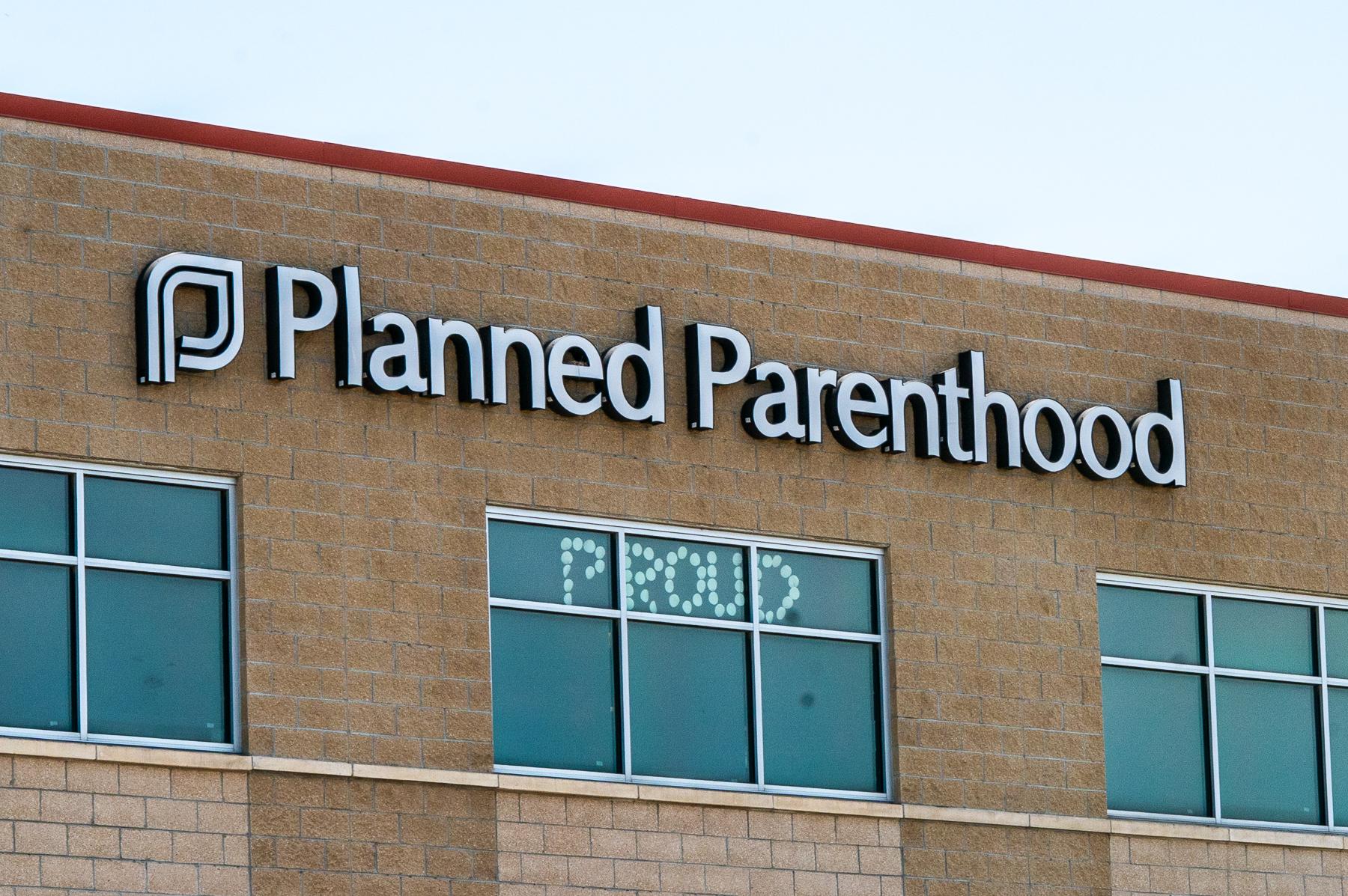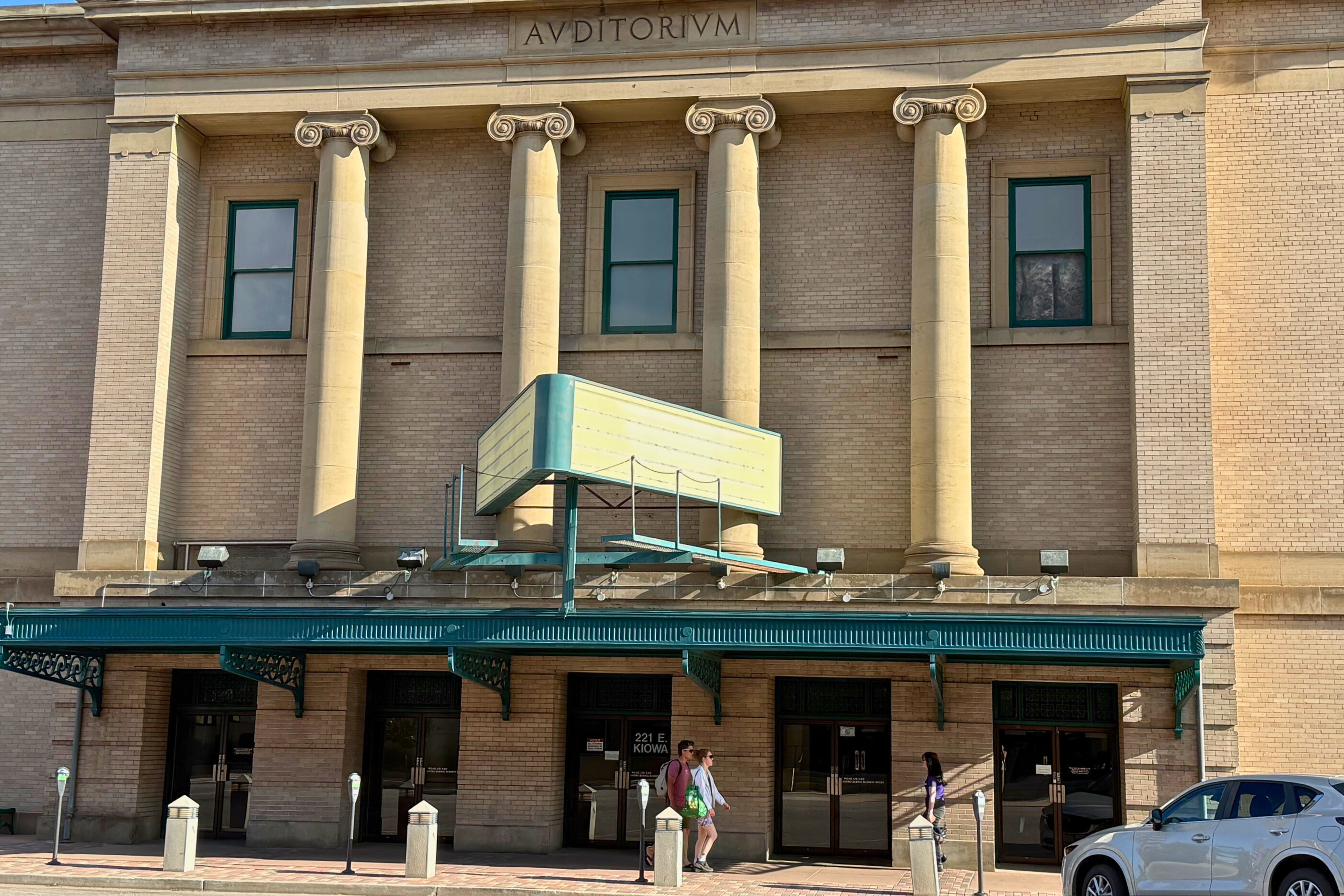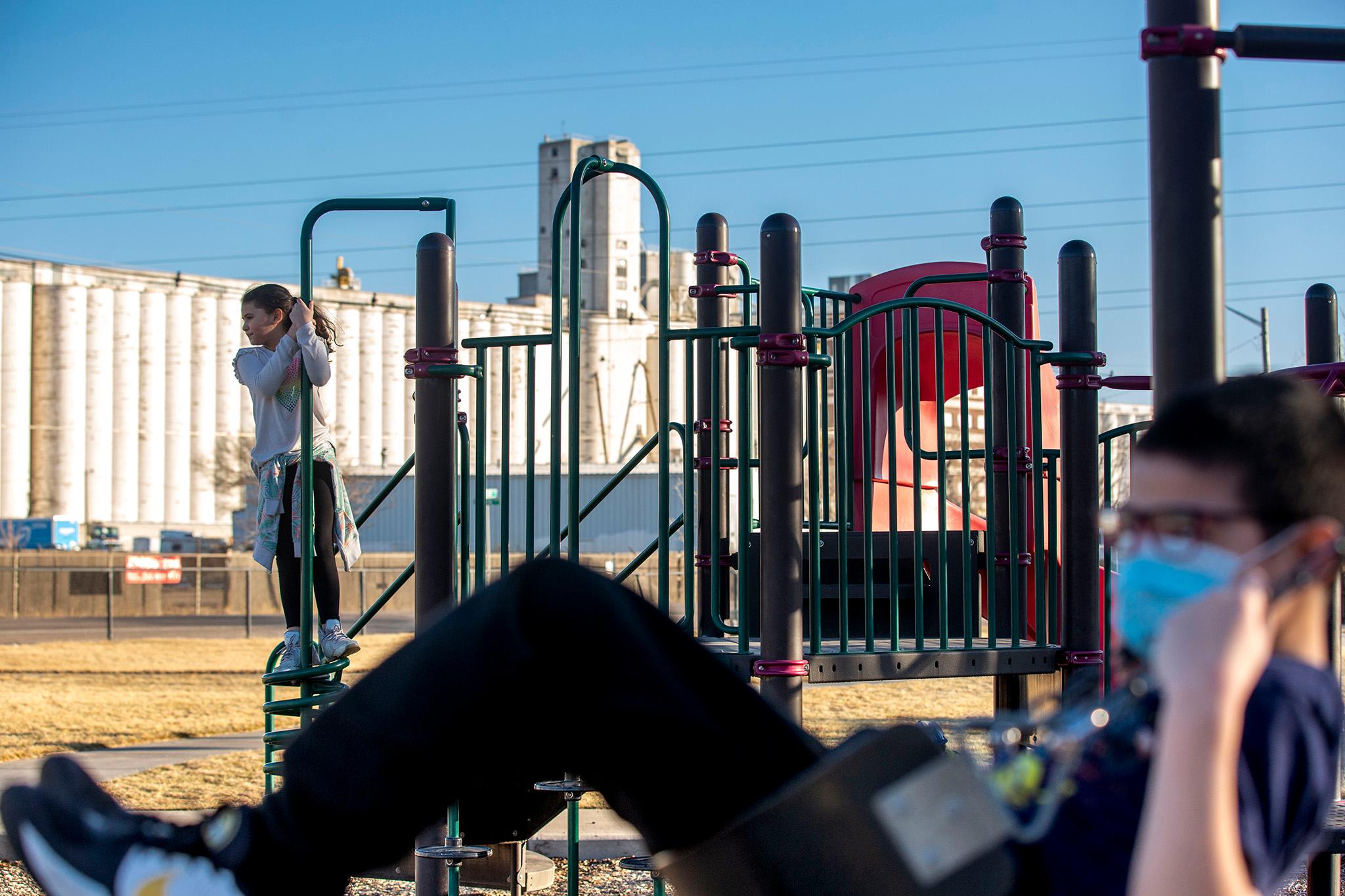
It’s been more than two weeks since Suncor Energy announced it was suspending operations at Colorado’s only oil refinery in Commerce City.
The company took the plant offline after cold weather apparently triggered malfunctions and a pair of fires, one of which hospitalized two employees. The Canadian oil and gas company now says it won’t be fully operational until late March.
Initial news of the temporary shutdown was a relief for Olga Gonzalez, who leads Cultivando, a local community group. While many industry organizations raised concerns about the shuttered refinery’s potential effect on gasoline and jet fuel shortages, Gonzalez hoped the shutdown might give the largely Latino neighborhoods near the refinery a brief reprieve from long-standing air quality problems.
Her excitement has faded. On a recent afternoon in January, steam rose from smokestacks at the sprawling facility. Flames danced atop others, evidence the company was burning or “flaring” gases from the refinery.
Suncor Energy representatives have declined to respond to any questions from CPR News, but the company has released a series of public statements about the ongoing problems at the refinery.
The latest update, released on Jan. 6, notes the company is working to repair and restart different parts of the facility. During this process, the company acknowledged “there may be increased flaring, noise and traffic related to our operations.”
The accident triggered an inspection from federal safety officials, data from the Occupational Safety and Health Administration show. The agency opened an investigation on Dec. 28 under an OSHA program focused on reducing accidents involving highly hazardous chemicals. This week, analysts at Wells Fargo downgraded their evaluation of Suncor’s stock, citing accidents at the Colorado refinery and other locations as evidence the company wasn’t emphasizing workplace safety.
Meanwhile, Suncor has reported potential air pollution violations in malfunction reports sent to state air regulators. The documents show the company has released more harmful chemicals between Dec. 22 and Dec. 29 than allowed under a state air quality permit, including releases of hydrogen sulfide and sulfur dioxide. Both chemicals are known to threaten respiratory health.
“Don’t hold your breath — or maybe we should,” Gonzalez said. “While on ‘shutdown’ the oil refinery continues to flare and release toxic pollutants in our community and across the metro area during its temporary closure.”
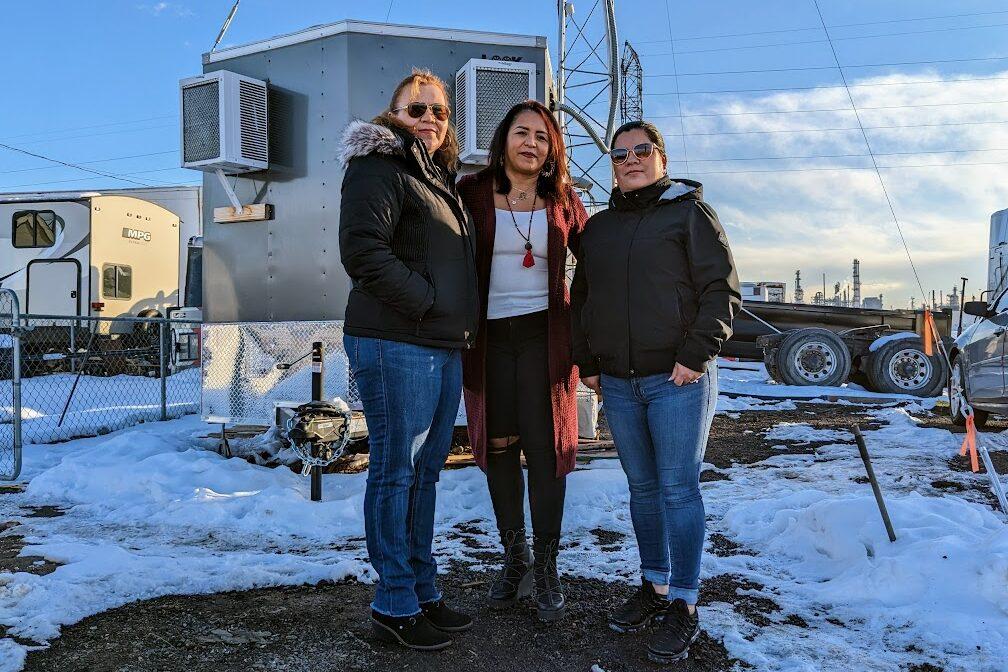
It’s unclear if the problems at Suncor have had any impact on the health of residents living in nearby neighborhoods.
After decades of pollution problems near the refinery, Cultivando won a state grant to install a community air monitor in 2021. The white trailer packed with scientific instruments now sits at an industrial site less than a mile from the refinery.
Detlev Helmig, an atmospheric chemist who owns Boulder A.I.R and operates the monitor, said levels of the carcinogen benzene appeared to trend higher over the last month, but that could be due to a common wintertime weather phenomenon called “inversion,” which traps emissions close to the ground. He also hasn’t noticed a rapid drop in air pollution levels since Suncor announced the shutdown.
“To this point, I do not see anything that indicates a reduction in pollutants. It’s unclear whether that’s because of Suncor or other sources. There’s so much more careful analysis to be done on the data,” Helmig said.
Suncor maintains its own network of sensors to track air pollution near the refinery. In its most recent public update, it noted concentrations of pollutants “remained below acute health guideline values” before and after the recent problems.
State air regulators agree there isn’t any evidence of an immediate public health threat.
Leah Schleifer, a spokesperson for the Colorado Air Pollution Control Division, said regulators reviewed data from community and state air monitors. While it hasn’t found any potential risk to the public, the agency will continue monitoring incoming data as it investigates potential air pollution violations.
Schleifer said the company told regulators that emissions have stabilized below limits set in its state air quality permit. At the same time, she added that it’s “unlikely that there will be a total elimination of all emissions from Suncor over the next few months.”
The state is deploying its own mobile air monitor — known as the CAMML — to Lorraine Granado Park near the refinery this week to watch for future health risks, Schleifer said.
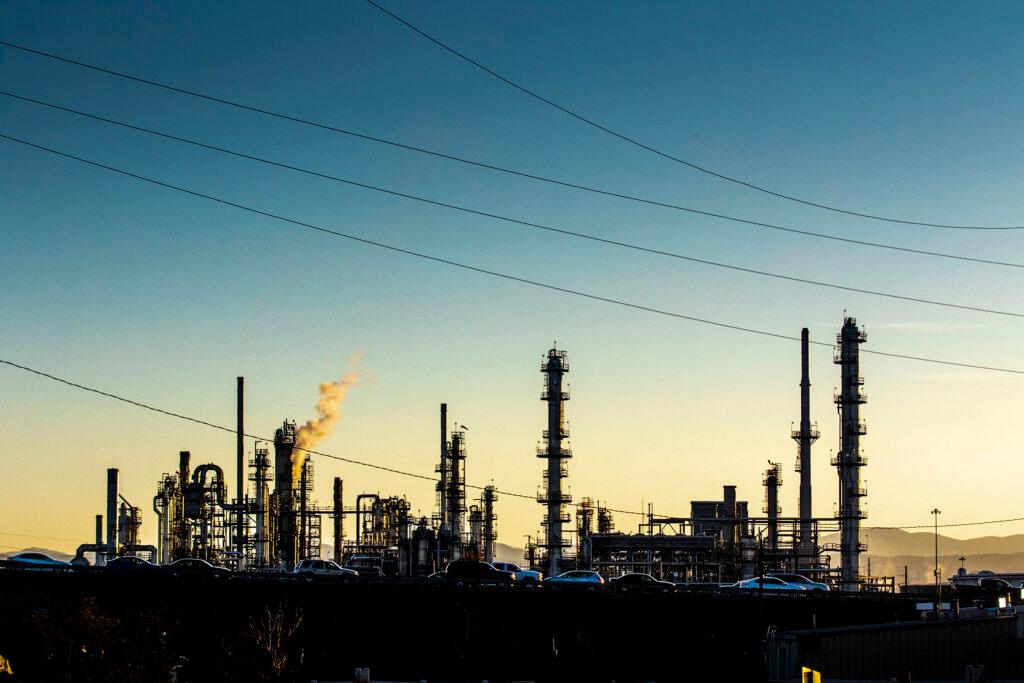
Despite air quality concerns about air quality, industry groups are now less worried about an immediate spike in fuel prices.
The Suncor refinery supplies between 35 and 40 percent of Colorado’s gasoline and diesel. After the shutdown in December, Grier Bailey, the executive director of the Colorado Wyoming Petroleum Marketers Association, predicted fuel shortages and price spikes.
Fears of a severe increase haven’t materialized so far. Data from the American Automobile Association show the average gallon of gasoline in Colorado costs about 12 cents more than it did a month ago. Metro Denver has seen average prices rise about 15 cents over the same time period.
Bailey credits an emergency order from Gov. Jared Polis for helping avoid a steeper jump. The action loosened regulations for the trucking industry, allowing drivers to work longer hours and carry heavier fuel loads on state highways.
Bailey said the looser rules are important because out-of-state refineries are making up for the shutdown by sending fuel into Colorado through pipelines and railways. It arrives at terminals before truckers take it to gas stations, fire departments, or other customers.
Since the Suncor shutdown, Bailey said some drivers have been stuck in lines at the terminals for hours. Polis’ executive order allows them to get the most out of each trip and keep supplies moving.
Skyler McKinley, a spokesperson with AAA Colorado, isn’t surprised the market has adjusted to the shutdown. He points to an explosion at the Husky Energy Oil Refinery in Superior, Wisc., which took out the state’s only gasoline maker. The facility isn’t expected to reopen until early this year.
Even with a more prolonged refinery outage, Wisconsin, which has a similar population to Colorado, hasn’t tended to see higher gas prices than the rest of the country, McKinley said.
“I'm pretty confident the system's gonna work to correct itself pretty quickly,” McKinley said.
Jet fuel has been another concern since the shutdown. A Suncor website boasts it supplies about a third of the fuel for Denver International Airport, but airlines can access fuel from other refineries.
United Airlines is the airport’s largest carrier. Russell Carlton, a spokesperson for United, said the shutdown has not disrupted fuel operations in Denver.





